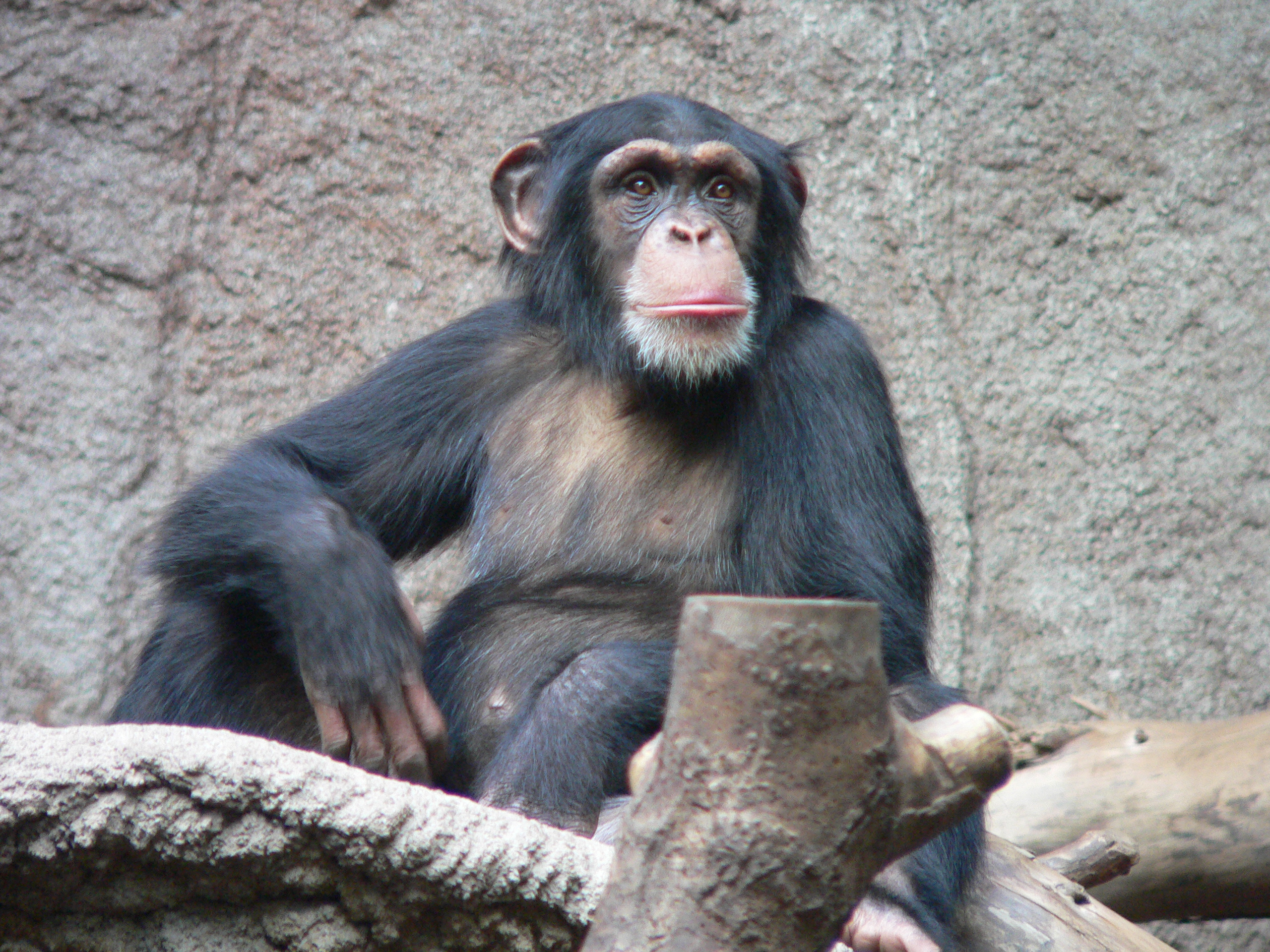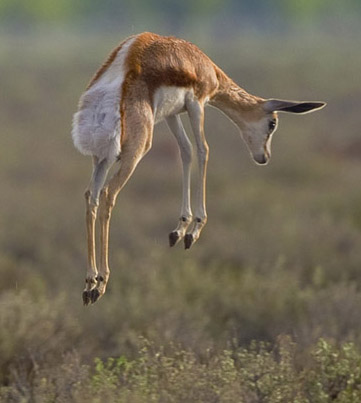|
Cognitive Science Of Religion
Cognitive science of religion is the study of religious thought, theory, and behavior from the perspective of the cognitive sciences. Scholars in this field seek to explain how human minds acquire, generate, and transmit religious thoughts, practices, and schemas by means of ordinary cognitive capacities. History Although religion has been the subject of serious scientific study since at least the late nineteenth century, the study of religion as a cognitive phenomenon is relatively recent. While it often relies upon earlier research within anthropology of religion and sociology of religion, cognitive science of religion considers the results of that work within the context of evolutionary and cognitive theories. As such, cognitive science of religion was only made possible by the cognitive revolution of the 1950s and the development, starting in the 1970s, of sociobiology and other approaches explaining human behaviour in evolutionary terms, especially evolutionary psychology. ... [...More Info...] [...Related Items...] OR: [Wikipedia] [Google] [Baidu] |
Cognitive Science
Cognitive science is the interdisciplinary, scientific study of the mind and its processes. It examines the nature, the tasks, and the functions of cognition (in a broad sense). Mental faculties of concern to cognitive scientists include perception, memory, attention, reasoning, language, and emotion. To understand these faculties, cognitive scientists borrow from fields such as psychology, economics, artificial intelligence, neuroscience, linguistics, and anthropology.Thagard, PaulCognitive Science, ''The Stanford Encyclopedia of Philosophy'' (Fall 2008 Edition), Edward N. Zalta (ed.). The typical analysis of cognitive science spans many levels of organization, from learning and decision-making to logic and planning; from neuron, neural circuitry to modular brain organization. One of the fundamental concepts of cognitive science is that "thinking can best be understood in terms of representational structures in the mind and computational procedures that operate on those structur ... [...More Info...] [...Related Items...] OR: [Wikipedia] [Google] [Baidu] |
Spandrel (biology)
In evolutionary biology, a spandrel is a phenotypic trait that is a byproduct of the evolution of some other characteristic, rather than a direct product of adaptive selection. Stephen Jay Gould and Richard Lewontin brought the term into biology in their 1979 paper " The Spandrels of San Marco and the Panglossian Paradigm: A Critique of the Adaptationist Programme". Adaptationism is a point of view that sees most organismal traits as adaptive products of natural selection. Gould and Lewontin sought to temper what they saw as adaptationist bias by promoting a more structuralist view of evolution. The term "spandrel" originates from architecture, where it refers to the roughly triangular spaces between the top of an arch and the ceiling. Etymology The term was coined by paleontologist Stephen Jay Gould and population geneticist Richard Lewontin in their paper "The Spandrels of San Marco and the Panglossian Paradigm: A Critique of the Adaptationist Programme" (1979). Evolutio ... [...More Info...] [...Related Items...] OR: [Wikipedia] [Google] [Baidu] |
Joseph Henrich
Joseph Henrich (born 1968) is an American anthropologist and professor of human evolutionary biology at Harvard University. Before arriving at Harvard, Henrich was a professor of psychology and economics at the University of British Columbia. He is interested in the question of how humans evolved from "being a relatively unremarkable primate a few million years ago to the most successful species on the globe", and how culture shaped our species' genetic evolution. Biography Henrich holds bachelor's degrees in anthropology and aerospace engineering from the University of Notre Dame, earned in 1991. From 1991 to 1993, he worked as a Test and Evaluation Systems Engineer for General Electric Aerospace (sold to Martin Marietta in 1993) in Springfield, Virginia. In 1995, he earned a master's degree and, four years later, a doctorate in anthropology from the University of California at Los Angeles. From 2002 to 2007, Henrich was on the faculty of Emory University in the Department of ... [...More Info...] [...Related Items...] OR: [Wikipedia] [Google] [Baidu] |
Peter Richerson
Peter James Richerson (born October 11, 1943) is an American biologist. He is Distinguished Professor Emeritus of the Department of Environmental Science and Policy at the University of California, Davis. Life Richerson studied entomology at UC Davis, earning his B.S. in 1965. In 1969, he completed his Ph.D. in zoology. After a postdoc and junior professorship, he was from 1977 until 2006 Professor of Environmental Science at UC Davis. He was a guest professor at University of California, Berkeley (1977–78), Duke University (1984), and the University of Exeter (2004). In 1991, he was a guest researcher at the Bielefeld University. He has made significant contributions to the study of biosocial and cultural evolutio Work Richerson's research interests include sociocultural evolution, human ecology and applied and tropical limnology. Books (selected) * * * References External links Faculty profile at UC Davis* on the origin of language, April 15, 2011, Brooklyn Co ... [...More Info...] [...Related Items...] OR: [Wikipedia] [Google] [Baidu] |
Robert Boyd (anthropologist)
Robert Turner Boyd (born February 11, 1948) is an American anthropologist. He is professor of the School of Human Evolution and Social Change (SHESC) at Arizona State University (ASU). His research interests include evolutionary psychology and in particular the evolutionary roots of culture. Together with his primatologist wife, Joan B. Silk (who is also a professor in SHESC at ASU), he wrote the textbook ''How Humans Evolved''. Life Boyd was born in San Francisco. He studied physics at the University of California, San Diego (B.A., 1970). In 1975, he completed a PhD in ecology at the University of California, Davis. From 1980 to 1984, he was assistant professor of the Department of Forestry and Environmental Science at Duke University. Afterwards, he taught two years in the Department of Anthropology at Emory University. From 1988 to 2012, Boyd was on the faculty of the University of California, Los Angeles Department of Anthropology. He is currently a professor at ... [...More Info...] [...Related Items...] OR: [Wikipedia] [Google] [Baidu] |
Mating Strategy
A mating system is a way in which a group is structured in relation to sexual behaviour. The precise meaning depends upon the context. With respect to animals, the term describes which males and females mate under which circumstances. Recognised systems include monogamy, polygamy (which includes polygyny, polyandry, and polygynandry), and promiscuity, all of which lead to different mate choice outcomes and thus these systems affect how sexual selection works in the species which practice them. In plants, the term refers to the degree and circumstances of outcrossing. In human sociobiology, the terms have been extended to encompass the formation of relationships such as marriage. In plants The primary mating systems in plants are outcrossing (cross-fertilisation), autogamy (self-fertilisation) and apomixis (asexual reproduction without fertilization, but only when arising by modification of sexual function). Mixed mating systems, in which plants use two or even all three mating s ... [...More Info...] [...Related Items...] OR: [Wikipedia] [Google] [Baidu] |
Signalling Theory
Within evolutionary biology, signalling theory is a body of theoretical work examining communication between individuals, both within species and across species. The central question is how organisms with conflicting interests, such as in sexual selection, are expected to provide honest signals rather than deceive or cheat, given that the passing on of pleiotropic traits is subject to natural selection, which aims to minimize associated costs without assuming any conscious intent. Mathematical models describe how signalling can contribute to an evolutionarily stable strategy. Signals are given in contexts such as mate selection by females, which subjects the advertising males' signals to selective pressure. Signals thus evolve because they modify the behaviour of the receiver to benefit the signaller. Signals may be honest, conveying information which usefully increases the fitness of the receiver, or dishonest. An individual can cheat by giving a dishonest signal, which m ... [...More Info...] [...Related Items...] OR: [Wikipedia] [Google] [Baidu] |
David Sloan Wilson
David Sloan Wilson (born 1949) is an American evolutionary biologist and a Distinguished Professor Emeritus of Biological Sciences and Anthropology at Binghamton University. He is a son of author Sloan Wilson, a co-founder of Evolution Institute and a co-founder of Prosocial World. He has studied social evolution in Binghamton. Early life and academic career David Sloan Wilson is the son of the writer Sloan Wilson. He graduated with a B.A. with high honors in 1971 from the University of Rochester. He completed his Ph.D. in 1975 at Michigan State University. Wilson then worked as a research fellow in the Biological Laboratories at Harvard University from 1974 to 1975. He held a dual position as research associate in zoology at the University of the Witwatersrand and the University of Washington from 1975 to 1976. After this he was a senior research officer at the South African National Research Institute for the Mathematical Sciences from 1976 to 1977. Wilson moved back to t ... [...More Info...] [...Related Items...] OR: [Wikipedia] [Google] [Baidu] |
Free Rider Problem
In economics, the free-rider problem is a type of market failure that occurs when those who benefit from resources, public goods and common pool resources do not pay for them or under-pay. Free riders may overuse common pool resources by not paying for them, neither directly through fees or tolls, nor indirectly through taxes. Consequently, the common pool resource may be under-produced, overused, or degraded. Additionally, despite evidence that people tend to be cooperative by nature (a prosocial behaviour), the presence of free-riders has been shown to cause cooperation to deteriorate, perpetuating the free-rider problem. In social science, the free-rider problem is the question of how to limit free riding and its negative effects in these situations, such as the free-rider problem of when property rights are not clearly defined and imposed. The free-rider problem is common with public goods which are non-excludable and non-rivalrous. The non-excludability and non-rivalry o ... [...More Info...] [...Related Items...] OR: [Wikipedia] [Google] [Baidu] |
Type I And Type II Errors
Type I error, or a false positive, is the erroneous rejection of a true null hypothesis in statistical hypothesis testing. A type II error, or a false negative, is the erroneous failure in bringing about appropriate rejection of a false null hypothesis. Type I errors can be thought of as errors of commission, in which the status quo is erroneously rejected in favour of new, misleading information. Type II errors can be thought of as errors of omission, in which a misleading status quo is allowed to remain due to failures in identifying it as such. For example, if the assumption that people are ''innocent until proven guilty'' were taken as a null hypothesis, then proving an innocent person as guilty would constitute a Type I error, while failing to prove a guilty person as guilty would constitute a Type II error. If the null hypothesis were inverted, such that people were by default presumed to be ''guilty until proven innocent'', then proving a guilty person's innocence would ... [...More Info...] [...Related Items...] OR: [Wikipedia] [Google] [Baidu] |
Cognitive Scientist
Cognitive science is the interdisciplinary, scientific study of the mind and its processes. It examines the nature, the tasks, and the functions of cognition (in a broad sense). Mental faculties of concern to cognitive scientists include perception, memory, attention, reasoning, language, and emotion. To understand these faculties, cognitive scientists borrow from fields such as psychology, economics, artificial intelligence, neuroscience, linguistics, and anthropology. Thagard, PaulCognitive Science, ''The Stanford Encyclopedia of Philosophy'' (Fall 2008 Edition), Edward N. Zalta (ed.). The typical analysis of cognitive science spans many levels of organization, from learning and decision-making to logic and planning; from neural circuitry to modular brain organization. One of the fundamental concepts of cognitive science is that "thinking can best be understood in terms of representational structures in the mind and computational procedures that operate on those structures." ... [...More Info...] [...Related Items...] OR: [Wikipedia] [Google] [Baidu] |


